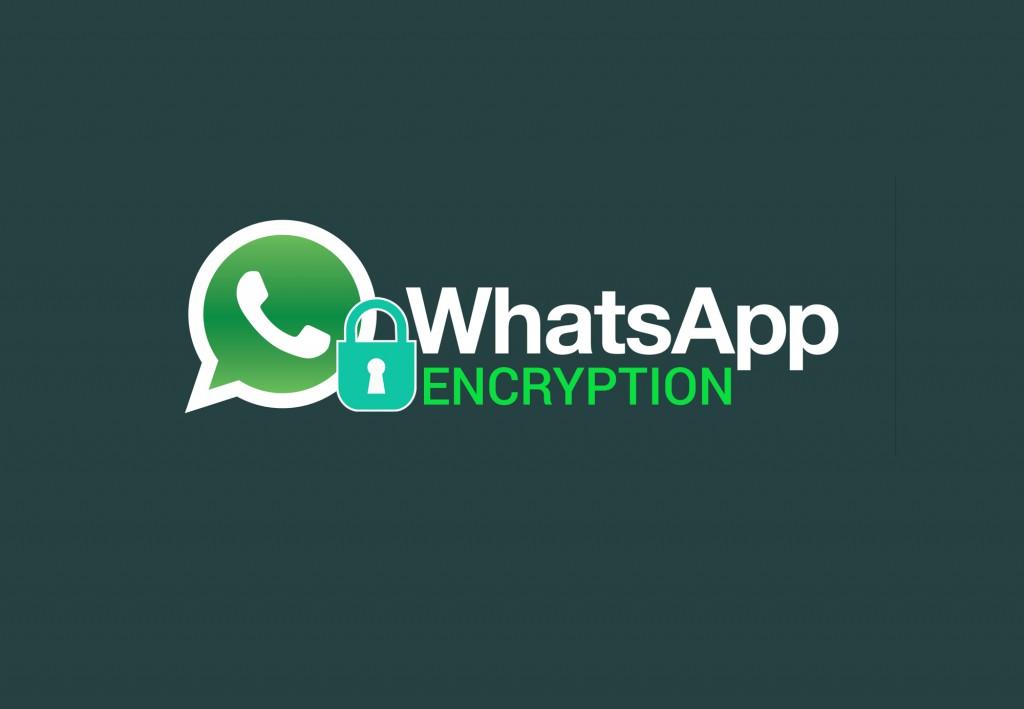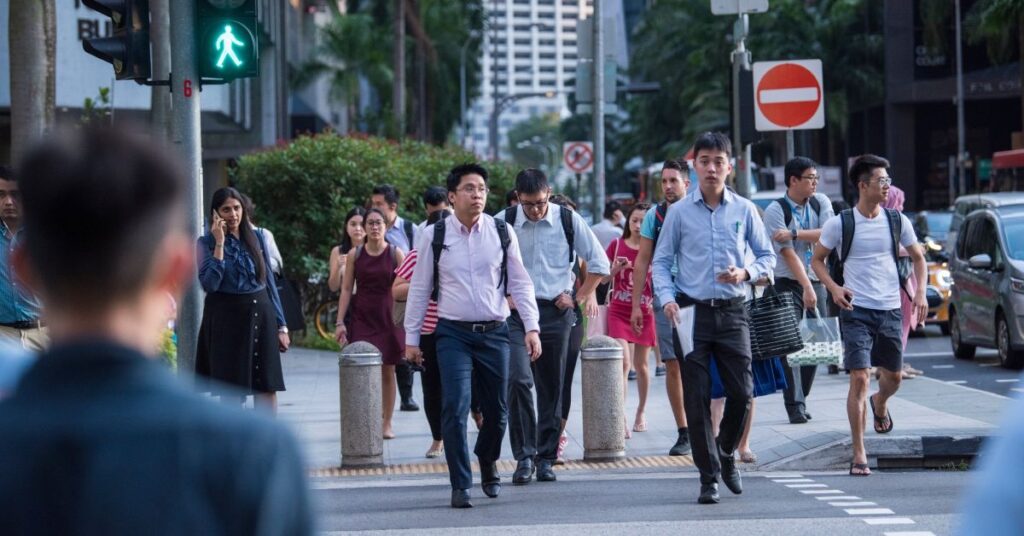Unless you’ve been on a social media blackout or living under a rock for the past couple of months, you’d likely have heard that Apple and the FBI are at odds. What are they fighting about? Encryption.

The long story short is: The FBI wants Apple to devise a method to compromise the encryption security of Apple phones so that the FBI can take a better crack at the phones of terrorists. Apple said ‘No’ because that method can then (fall into the wrong hands and) compromise billions of other phones.
This is a complicated debate. On one hand, it’s possible that by compromising the encryption, Apple could repeatedly help law enforcement and always put bad guys away. But you know how it goes, when someone gets something, everyone else expects it too. Other services and even other countries will be expecting the same ease of access into encrypted data as a result. Not to mention, the possibility of a master key to bypass encryption falling into the wrong hands and allowing anyone to access our encrypted data is far worse.

Before this news, most people never really thought about encryption. But encryption is pretty crucial to our modern everyday life. Every time we log in to an internet service like Facebook or Twitter, or something arguably more important like internet banking, you enter a password, and that’s a form of encryption. Our phones hold all sorts of information these days. Sometimes just passwords are not enough.
If you’ve updated to the latest version of WhatsApp, you would have realised they just turned on end-to-end encryption. What’s end-to-end encryption? As WhatsApp puts it:
Many messaging apps only encrypt messages between you and them, but WhatsApp’s end-to-end encryption ensures only you and the person you’re communicating with can read what is sent, and nobody in between, not even WhatsApp. This is because your messages are secured with a lock, and only the recipient and you have the special key needed to unlock and read them. For added protection, every message you send has its own unique lock and key. All of this happens automatically: no need to turn on settings or set up special secret chats to secure your messages.
This is pretty big news, especially when WhatsApp is the primary messaging service of choice in Singapore (and many other countries). Before, if you wanted an end-to-end encrypted messaging service, you had to turn to Telegram.
WhatsApp isn’t the only company in support of Apple in the encryption case either. Facebook, Google and Snapchat are also looking into increasing their encryption of user data.
We live in an increasingly digitized world. Encryption is one of the steps to take so that we may feel safe in this world.
Also Read: Finally! WhatsApp Lets Us Bold, Italicise And Strikethrough Our Text Messages














